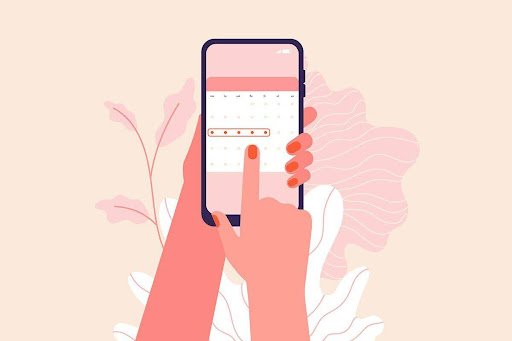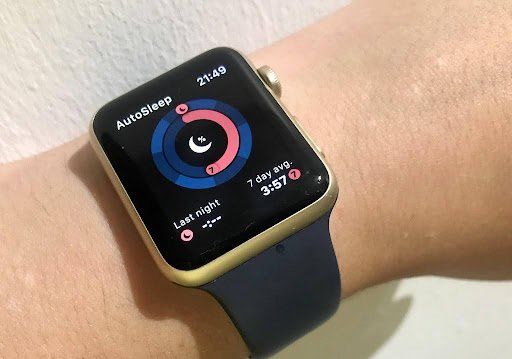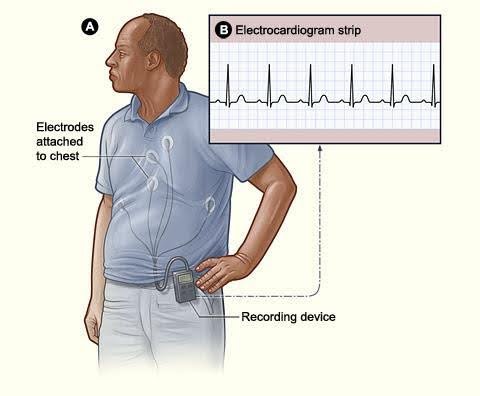The future of Healthcare begins before symptoms even start, and when technology helps keep us healthy, that is when we know we are truly moving forward.
Imagine getting a gentle alert on your phone that says, “Your body may be showing early signs of the flu.” You feel fine. But a day or two later, you wake up with a sore throat and a fever. The AI was right. Now imagine that this technology does not just warn you, but helps you take action, such as early check-ups, diet changes, or rest. That is no longer science fiction. It is happening right now. And tech companies are playing a big role in shaping this future. By building smarter systems, they are helping doctors and patients predict illness before you get sick.
Over the past few years, artificial intelligence has grown fast. And nowhere is this more helpful than in health. Earlier, doctors relied on what they could see or hear: symptoms, tests, and family history. But today, AI can go deeper. It can study patterns in your heart rate, sleeping habits, and even how you move. Hospitals are now using AI to scan through medical records, reports, and scans in seconds. It can find signs that even experienced eyes may miss.
This does not replace doctors. It simply helps them see more and act sooner.
You might wonder, “How can a machine know I will get sick before I do?” The answer lies in data. Smartphones, fitness watches, and health apps already collect your data every day. Steps you take, sleep patterns, heart rate, and even stress levels. AI systems can study these numbers to look for changes.
For example:
Tools like smartwatches, wearable ECG monitors, and health-tracking apps are helping collect this data in real-time.
Some AI programs even combine this with your medical history and family background to offer more accurate insights. The goal is not to scare you, but to inform and prepare.



Now think bigger. What if this technology becomes common in every household? It means fewer emergency visits. Fewer missed warning signs. Faster care. In rural areas or places with few doctors, such AI tools could act as the first layer of healthcare. For people with long-term health issues like heart disease or diabetes, it could mean early alerts before things get worse. For elderly people living alone, it could mean peace of mind. Even for healthy people, it means better control over their bodies.
In the long run, this could help hospitals save time and money. Doctors can focus on serious cases. Patients can avoid long waiting hours. And diseases might be caught before they spread.
AI is not here to replace care. It is here to make it more human. More personal. More timely. Tech companies around the world are working with doctors, engineers, and scientists to create tools that listen to the body in ways we never could before.
As we move ahead, it is not just about smarter machines, it is about smarter care. Care that starts before the pain begins.
Want to learn how tech tools can help you stay ahead of your health?
Our team is building solutions that put wellness in your hands before illness ever takes over. Let us shape the future, together.
References:
https://pmc.ncbi.nlm.nih.gov/articles/PMC11422752/
https://en.wikipedia.org/wiki/Wearable_technology
https://en.wikipedia.org/wiki/Fitness_tracker
https://wokegenics.com/digital-health-trends-the-future-of-medicine/
https://wokegenics.com/the-latest-ai-innovations-whats-next/
https://wokegenics.com/initiatives-taken-by-govt-towards-technological-development/
https://wokegenics.com/robotics-in-eye-care-the-laser-surgery-breakthrough/